This blog was written by Ms. Jenipher Mbukwa-Ngwira (Catholic University of Malawi), Dr Shruti Taneja Johansson (University of Gothenburg) and Professor Nidhi Singal (Cambridge University). Other members of the team include Dr Eric Umar, College of Medicine (Malawi), Dr Paul Lynch (University of Glasgow) and Ms. Gertrude Chatha, College of Medicine (Malawi). The project was funded by The Cambridge-Africa ALBORADA Research Fund and supported by the Cambridge Network for Disability and Education Research.
The overall objective of this study was to examine the impact of school closures due to Covid-19 on the education of children with disabilities attending primary schools. Using phone surveys, 99 parents/carers[i] were interviewed to gain insight into the educational experiences of their children, any barriers faced and their main concerns. The survey included a mix of closed and open-ended questions, including multiple choice and rating scales. Ethical approval was obtained from the University of Malawi College of Medicine Research Ethics Committee (COMREC) Board and official authorisation was also sought from district level authorities in Chiradzulu district to obtain phone numbers of parents from three special schools and four mainstream schools (two with resource centres and two without). The telephone surveys were conducted in the months of October to December 2020.
What were the educational experiences of children with disabilities?
Overwhelming dissatisfaction with the educational experiences of their child with disabilities, during school closures, was reported by 99% of the participants, with 86% reporting that they had no contact with the school or the teachers. 14 families which reported having some sporadic contact with the school, noted that the teacher had either walked over to their homes or used telephone calls. In one case, the child went to the teacher’s house for tutoring purposes.
Children with disabilities spent very little time studying (that is, on formal curriculum-related tasks), with 31% reported not studying at all. In cases where they did engage in formal learning, children were either supported by parents, older siblings, extended family or friends.
Worries about loss of learning, lack of essential therapies, safety and emotional wellbeing were dominant. Over 80% of parents/carers were concerned about their child falling behind in their learning – 46% explicitly noted that it will impact their future life and opportunities. About a quarter said their children were missing out on essential physio or speech therapies and other services which are available only at school.
By not being in school, the safety of girls with disabilities was expressed by 16% parents, especially heightened danger of being vulnerable to sexual exploitation, teenage pregnancies and early marriage: One parent expressed that, “I fear that people might take advantage of her, rape her and impregnate her”. Though the parents of a boy also noted: “When the child is at school, he is safe than staying home, he is protected from discrimination, injuries, accidents.”
Negative impact on children’s socio-emotional wellbeing due to school closures was noted, as 63% highlighted that their child being bored was one of their biggest concerns. Worryingly, 59% also noted that they believed their child was sadder than usual, while nearly half noted changes in behavior, such as the child feeling more anxious, 37% also noted that their child tended to angrier than usual.
Main barriers to learning?
Most parents noted the amplified impact of school closures on the child with disabilities, in contrast to their sibling without disabilities. The main barriers to learning identified were:
- Lack of accessible materials. All parents reported that their children did not access TV – either due to lack of it, or the fact that no educational programmes were accessible to the child. Two parents noted their child engaged ‘somewhat’ with radio programmes and eight families stated that some resources had been provided by either an NGO or the child’s school. In many cases, children were unable (or indeed not allowed) to bring textbooks home when schools were closed.
- Parental inability to support children with their studies. While parents were mindful of the lack of resources at home, they also reflected on their inability to support their child with disabilities. This was particularly the case for children with sensory impairments (blind and deaf), given the general lack of knowledge of Braille, tactile and sign language.
A mother stated: “I am a barrier to my own daughter’s education. I am unable to support her when she is studying because I am unable to read Braille materials. My daughter feels jealous when I am assisting other children who use print. I feel sad whenever I see my daughter looking hurt. It is as if I am not interested in her schoolwork, which is not the case. I wish I knew Braille.”
Will children return to school when schools re-open?
Despite being out of school for a prolonged and unexpected period of six months, 93% of the parents/carers were confident that their child would return to school. The responses highlighted here demonstrate the significant value attached to the benefits of education:
“I didn’t do well with my education and I want my child not to go through the same.”
“We feel he is same as any child and needs education.”
The six parents who expressed some doubts were largely uncertain of their financial ability, as indicated in the following responses:
“I do not have enough money to send her to school.”
“The only major problem is lack of basic needs and school supplies which he needs to carry to school such as food, soap and other resources.”
What could be done better?
Prioritise continued learning for children with disabilities was the strongest message, with parents calling on the government to make educational programmes accessible for children with disabilities and not completely shut down provision:
“When the government is introducing interventions, they should be inclusive on the ground, not just in literature. Television and radio teaching were said to be provided, but it wasn’t provided.”
“It would be better if the children with disabilities could still go to school, maybe twice a week.”
Increased support from schools, extending from basic things like allowing children to take the books home (e.g. books in Braille), to teachers delivering some work was desired.
“Children should be given appropriate things when they are coming home like Braille books for him to read.”
“It would help if some people followed up on the children to give them special guidance which we cannot. Teachers should be following children up every week.”
Parents also expressed a desire to have more support in being actively involved in their child’s learning.
“Provide parents sign language basic skills so that we are able to teach our children.”
“We need to teach them vocational jobs so that they don’t stay idle waiting for schools to open.”
Including parents/carers of children with disabilities in social welfare schemes was noted by some:
“Government should be giving loans to parents of children with disabilities for basic needs.”
Both teachers and carers expressed the need for investing in educational technology for children with disabilities.
“There is a need to strengthen technology awareness and use amongst teachers, parents and learners so that they are able to use them for online teaching and learning.”
“Need for provision of gadgets like phones and computers, and students, teachers and parents should be taught to learn through them before we are in a situation where schools need to be closed again.”
Findings from the survey clearly indicate the strong desire for the need for formal learning opportunities, routine, socio-emotional support, and safety accorded in schools, which remained absent for children with disabilities during school closures. Covid-19 has exacerbated and made starker the continued inequalities in access and learning in education systems across the globe, including in Malawi.
[i] In all households we spoke to an adult who had caring responsibilities for the child with disabilities, in most cases it was either one of the biological parents but in very few cases, it was another adult from the extended family. Hence we use these terms interchangeably.

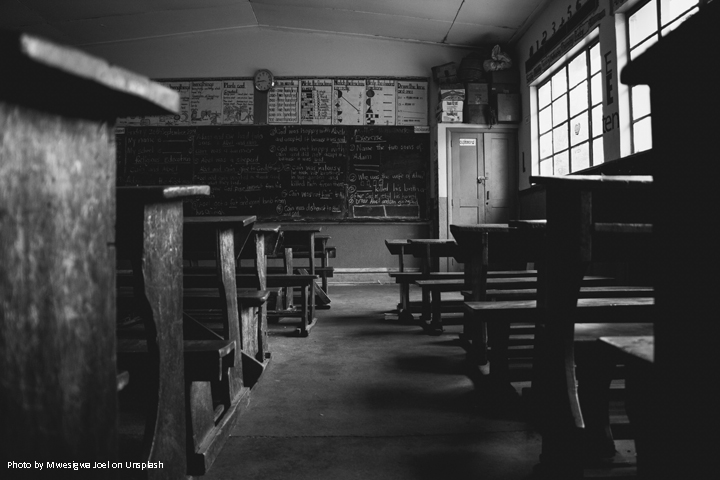
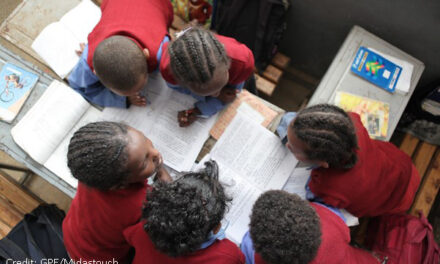
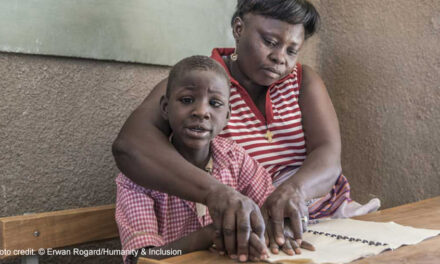
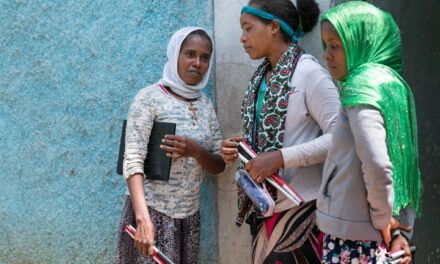
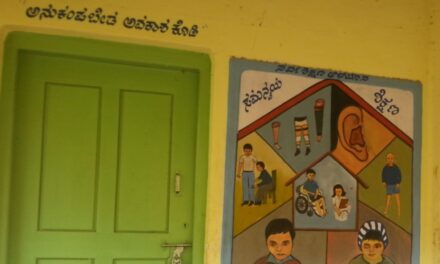
Trackbacks/Pingbacks